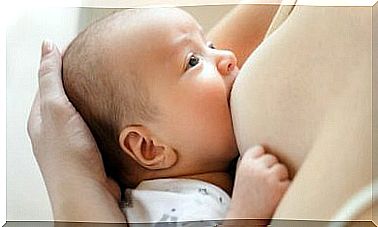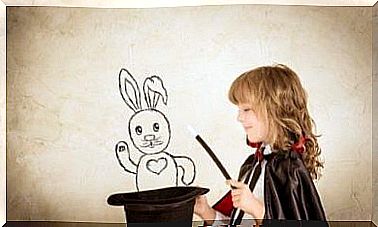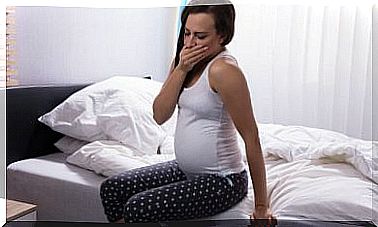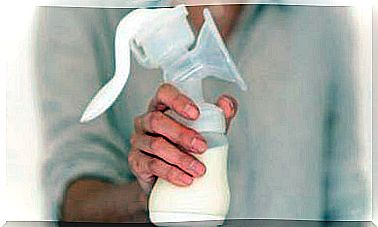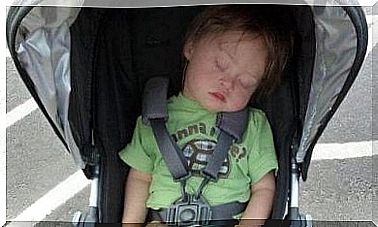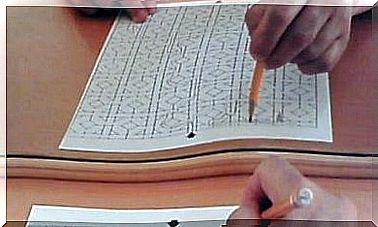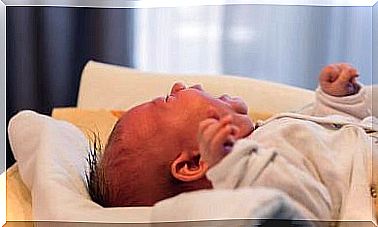Children With Epilepsy: Causes, Symptoms And Treatment
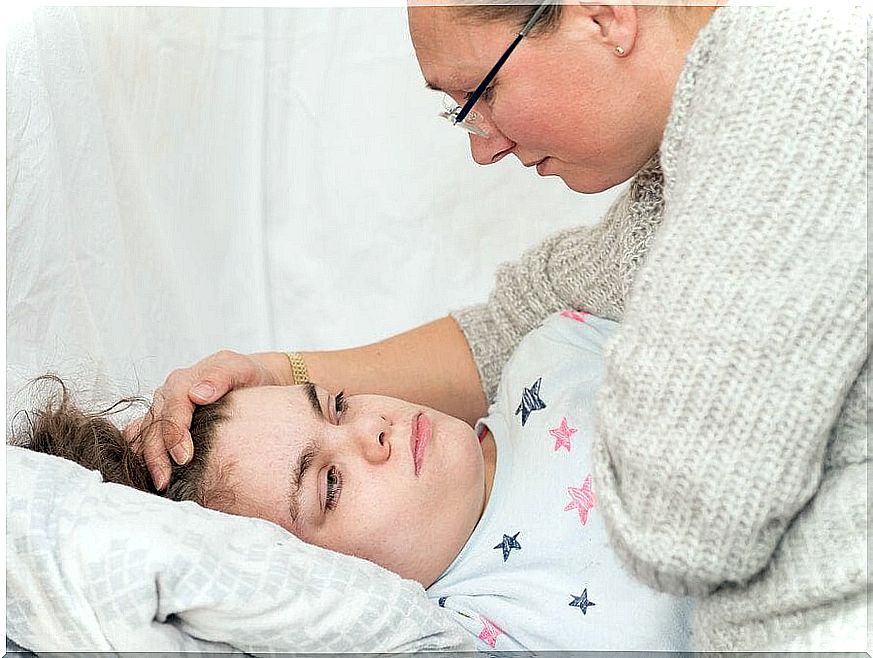
Most children with epilepsy can lead normal lives. While most of them need to take medication, there are also cases of children who do not need medication.
It is even possible that the epilepsy will go away before the child is an adult. However, that depends on various factors.
Knowing the possible causes, symptoms, and treatments for this condition will help you control epilepsy in your child’s life.
This will help you avoid potentially difficult moments and unnecessary worries. And most importantly, you will be able to significantly improve your child’s quality of life.
Children with Epilepsy: What Are the Causes?
The cause of epileptic seizures is a lack of control of electrical discharges caused by an imbalance in neurotransmitters.
This happens when an excess of these chemicals is responsible for sending signals between neurons.
Another cause could be a decrease in the number of these neurotransmitters. However, in most cases, it’s an idiopathic condition – which means that it occurs due to unknown causes.
In a smaller percentage of cases there are cryptogenic or symptomatic epileptic crises that can be traced back to a specific cause.
They can occur due to conditions such as meningitis, brain tumors, problems during or after childbirth, trauma, abnormalities, or strokes.
In some cases, cases of epilepsy occur more often in one family. In addition, the genes or chromosomes may have abnormalities.
Symptoms of epilepsy in children
Many infants have different symptoms before a seizure. This could be a headache, changed behavior, or digestive problems.
It is possible that these characters go unnoticed or that there are no characters at all.
The seizures can take different courses: just a few seconds or a few minutes; this can lead to total body stiffness.
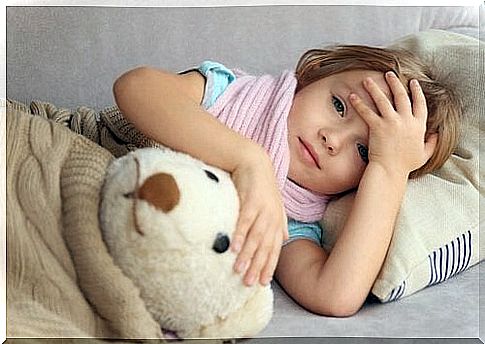
Hypotonic attacks or lipothymias lead to fainting and inactivity for seconds. In other cases, the child may have an absent expression on their face for a few seconds.
Seizures cause muscle shock throughout the body. These are uncontrollable and repetitive. The child loses consciousness in the process.
However, it can also lead to a partial seizure in which only part of the body is affected. In doing so, the child does not lose consciousness.
After a crisis, the child may feel a certain drowsiness and may not react to external stimuli for about an hour.
How do I know if my child has epilepsy?
Your child must have had at least one seizure for a specialist to perform a physical assessment. This includes an examination of the child’s body and an examination of the duration of the seizure.
He will also ask about the type of movement during the seizure. The specialist also needs to know whether there has been a loss of consciousness and whether a specific part of the body was affected.
The evaluation always ends with an electroencephalogram. This test measures the electrical activity of the brain, which will determine the type of seizure the child is having and the possible causes.
Blood tests are also important because they can help diagnose possible conditions that could cause epilepsy.
If the neurologist sees fit, they may also suggest a computer-assisted axial tomography exam to check for acute neurological injuries or other diseases.
Finally, an MRI scan of the brain can reveal new seizures and how they develop in the brain.
Medical treatments for epilepsy
Generally, children with epilepsy must be treated with medication. However, you should keep in mind that this is a complex disease that is different for each child.
As a result, not all children respond in the same way to the same medication, so the treatment must be individually determined by a specialist.
Fortunately, there are a variety of anticonvulsants or anti-epileptic drugs that can help reduce the frequency of seizures.
It is important to follow the doctor’s instructions carefully for the treatment to be effective. There has to be a certain level of drugs in the body for treatment to work.
There are other options for children who do not respond to the medication.
There are medical devices that can treat the seizures and dietary regimens such as the ketogenic diet. This diet is carbohydrate-free and aims to reduce the child’s glycemic index.
If you have severe epilepsy, you may have brain surgery, which has been performed with good results in the past.
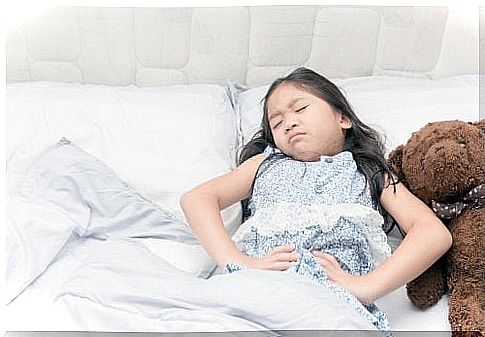
Can Epilepsy Be Cured?
Epilepsy can often be cured or controlled with medication.
However, this depends on various factors: the type of epilepsy, the reaction to the medication, and age play an important role here.
Of course, the causes and possible damage to the nervous system are also decisive for a successful treatment.
Symptomatic epilepsy is difficult to cure and control because it is caused by a brain abnormality. The seizures can damage the nervous system in this case.
